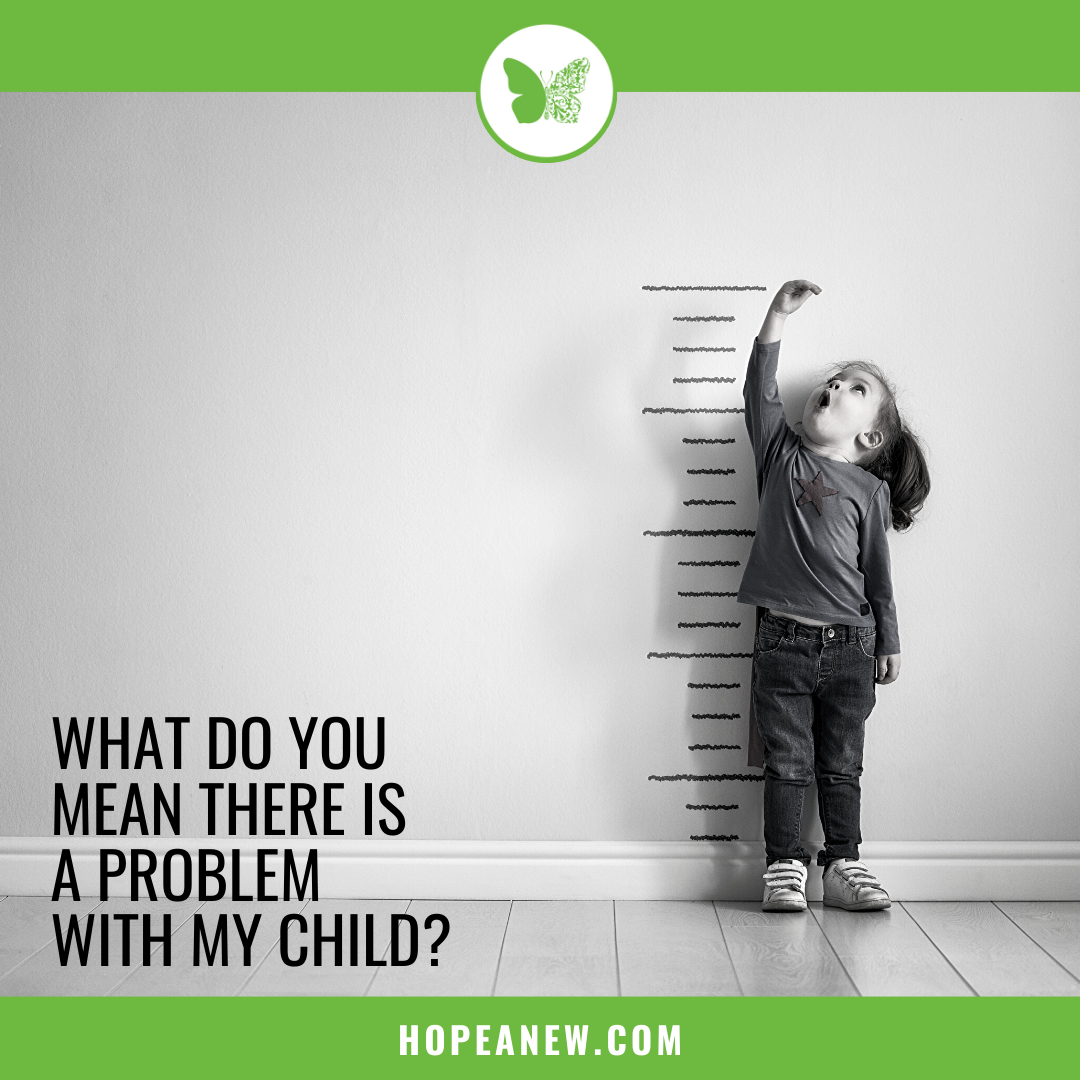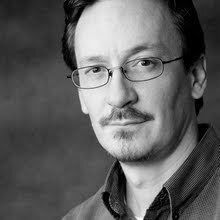"What Do You Mean There Is A Problem With My Child"
“What do you mean there is a problem with my child?”
In some ways the parent who refuses to acknowledge their child’s special needs is harder to help than the person who blames themselves or God or the devil for the reality they are facing (see the previous articles in this series for all of these responses). Sometimes it is hard to know what to do or to say even when you have been there yourself, even when you too have wanted to deny this reality.
As a society we have become much better at giving people with special needs dignity and respect. We don’t tolerate language or statements about people with special needs that were commonplace when I was in school. All of this is a step in the right direction, but sometimes I wonder if in our desire to do better, we haven’t also made a serious mistake.
Have we made it too hard to acknowledge brokenness?
I feel for the parent who does not want to acknowledge that their child has “special needs”. I have been there. It feels like a betrayal or failure. It dashes hopes and dreams, makes us feel like we are somehow less and means admitting that we are not really in control. Even more, I feel for the child who will not get the help they so desperately need until their parents acknowledge the truth. When a parent refuses to see that their child needs help like therapy or to be in a special needs classroom, they (usually inadvertently) hurt their child. When we are so afraid of offending that we do not speak up to actually help, are we being kind?
Compassion demands that we tell the truth. No, we should not be brutal or mean spirited about it. Yes, some people delight in telling the truth to inflict pain. But we do not abandon the truth because some abuse it. Healing can’t happen until the truth is seen. Our children with special needs are broken. But that is only a part of the story.
In the Hebrew and Christian Bibles, Genesis 1 and 2 tell the story of creation. God creates a glorious universe, a world teaming with beauty and life. We are told in Genesis 1:27 that God creates human beings – male and female – in His image! He declares all creation good and places humans in the middle of a garden. He gives us purpose and companionship. He gives us Himself.
And we mess it up. Theologians call it “The Fall”. It happens in Genesis 3–pretty much the same page as all of the good stuff that came before. Everything is affected. As one of my professors used to say, “The Fall goes all the way down.”
The truth is that we are ALL BROKEN.
Not a popular sentiment today. On the one hand, I am encouraged by the almost gut level reaction that people have to someone being called broken. It is right and good to give everyone dignity and respect, no matter who they are, where they come from, what their status or circumstance in life or even their abilities. But that doesn’t mean we cannot or should not acknowledge true brokenness – whether it is our own or the brokenness of others.
Often, we define our entire identity around one aspect of who we are. I am part of the (fill in the blank) community. It is easy to understand why a parent would not want their child’s disability to be the defining feature of their identity. I get it. I myself have resisted being “autism dad” as a writer for well over a decade.
Here’s the truth: I am the father of an autistic child. Nathan is broken. I can’t fix that. The difference between his brokenness and mine? Most of the time I can hide my brokenness to the outside world. He can’t. But that is not the sum total or even the most important part of my identity or his. Being broken is universal, but it is the beginning of the story not the end.
When we realize that everyone is broken, we can – have to – give up the idea that we are better, or worse, than anyone else. We can give up playing pretend. We can stop curating our Facebook/Instagram perfect lives and get real.
My identity? First and foremost, above, before and through every other aspect of me is found in the fact that I am created in the image of God and redeemed in Christ. That is good news. News beyond any trauma or disability, beyond any one aspect of who we are. And as we will see next time, it points to a better way of understanding suffering.


